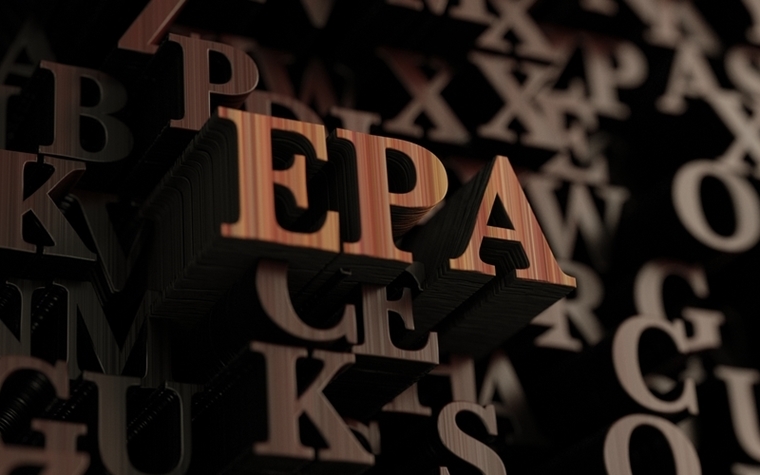To protect human and environmental health, the U.S. Environmental Protection Agency (EPA) recently granted $1,004,260 to the Utah Department of Environmental Quality (UDEQ) for combating nonpoint source pollution (NPS) in the Bear River Basin area.
Within that region runs the Logan River, for which funding will be targeted specifically to reduce harmful phosphorus levels and protect water quality, an EPA release said. UDEQ operates a nonpoint source program designed to rotate funding among six sites statewide, with 2017 focusing on the area surrounding the river’s lower branch.
“EPA is partnering with states to protect and restore watersheds, streams and groundwater,” EPA Administrator Scott Pruitt said in the release. “Investments like this grant allow states to support local watershed projects, improving water quality while helping to grow the economy.”
The grant was coordinated through the Nonpoint Source Program Clean Water Act Section 319, empowering the federal government to assist state and local NPS efforts with grant funding.
“The nonpoint source program provides an important mechanism to work directly with landowners to improve water quality and local communities,” Erica Gaddis, UDEQ’s water quality division director, said in the release. “We appreciate EPA's annual support of this program since the early 1990s and we look forward to continuing this partnership into the future."
Nonpoint source pollution results from non-industrial sources such as rainfall or snowmelt picking up natural and manmade pollutants as it moves, eventually depositing materials into waterways.


 Alerts Sign-up
Alerts Sign-up